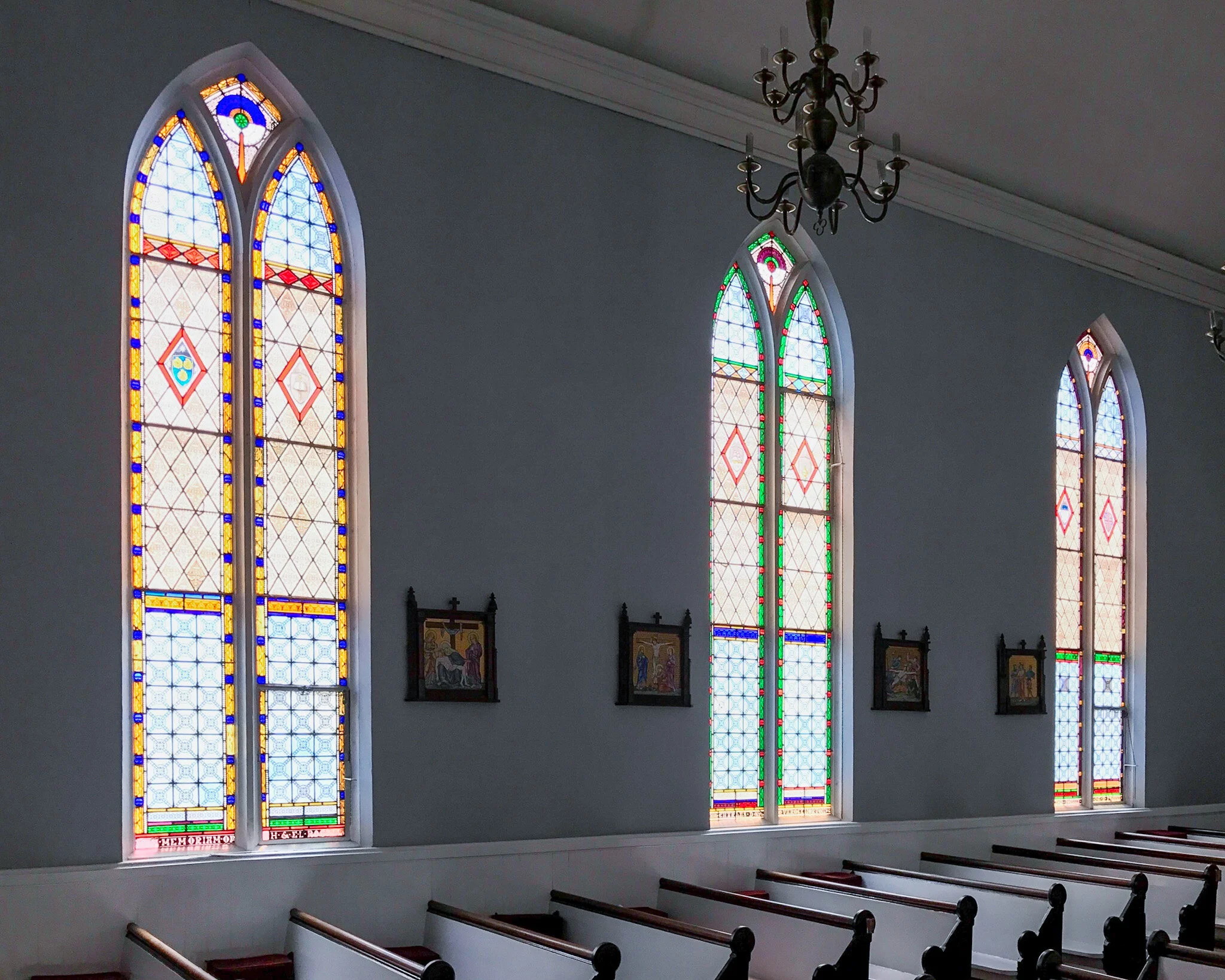This year’s stewardship theme is “For all the Saints.” Since pledge ingathering Sunday is All Saints Sunday this year, we could not resist! Our theme reminds us that what we pledge, what we give, what we do is for all of the saints. It is a powerful message when we unpack it a little.
Who are the saints? This will freak some of you out, because you have told me, “I don’t feel that way!” You are a saint. I am a saint. All of the baptized people of God are saints. This is not liberal inclusion, nor is it therapeutic theology. It is sound Biblical Christianity. All of the baptized people of God are saints.
A Son, a Mother, a Prayer
Many people know Augustine through his book, Confessions, in which he tells the story of his life. Looking back, we may see an old, dry, scholarly saint of little interest. However, in today’s world of social media, his life would keep people enthralled. He famously prayed, “O God, save me, but not yet,” because he was not ready to let go of the things he though gave him pleasure. His theology also was not a cerebral exercise, but a working out of how God was at work amid the challenges and instabilities of a world faced with plague, war, and division.
His mother, Monnica (also a saint), was a Christian who loved him and taught him the Christian faith. His father was a Roman official and a pagan. Eventually, the Holy Spirit brought the seeds Monica planted in her son to full blossom and Augustine’s life was transformed. After he surrendered to Christianity, he was baptized by Ambrose, Bishop of Milan, his mentor, and also a saint! He then used his scholarly training and great intellect for the teaching of the Gospel.
His writings endure to this day
Things Present and Things Past
During this time of Pandemic, when every week seems to present a need to figure out a new way of doing things, I have discovered anew one of my favorite prayers from Morning Prayer - A Collect for Guidance:
Heavenly Father, in you we live and move and have our
being: We humbly pray you so to guide and govern us by
your Holy Spirit, that in all the cares and occupations of our
life we may not forget you, but may remember that we are
ever walking in your sight; through Jesus Christ our Lord.
Amen.
While this prayer appears for the first time in the 1979 Book of Common Prayer (p. 100), it actually comes from a collection of prayers published in 1913, which attributes it to an "ancient collect" from 446 AD. So, it is truly something old and something new.
Joseph of Arimathea: Practicing Generous Compassion
Joseph of Arimathea is a quiet favorite of mine among the calendar of saints. His feast day is August 1 for us, and he is remembered on July 31 by the Orthodox and Lutherans and August 30 by Roman Catholics.
We know little about Joseph from the Gospels other than that he was a “secret follower” of Jesus and a dissenting member of the religious council that condemned Jesus. After Jesus’ death, all four gospels tell us that he took the body of Jesus to bury in a tomb, most likely his own tomb that he had prepared for himself.
The first thing that captures me is Joseph’s act of compassion in providing a dignified burial for a man condemned and executed as a traitor and blasphemer.
Peace be With You - In ASL!
As we prepare to regather, one of the changes in our liturgy is that we will not be able to exchange the peace by hugging or shaking hands. We still need to maintain physical distance for everyone's safety. It's an odd truth that the loving and peaceful gesture is to actually stand back! However, exchanging the peace is a very important part of our liturgy, and we can do so in a holy, reverent, and meaningful way.
Putting on the Armor of God
"Breastplate" is a weird name for a prayer, but it makes sense. In Ephesians 6:10-18, Paul speaks of the "armor of God." Specifically, he writes, "Therefore put on the full armor of God, so that when the day of evil comes, you may be able to stand your ground, and after you have done everything, to stand. Stand firm then, with the belt of truth buckled around your waist, with the breastplate of righteousness in place, and with your feet fitted with the readiness that comes from the gospel of peace." (Ephesians 6:14-16)
Early christians took Paul's words as allegories for spiritual tools, even to the point that there are vesting prayers for the Priest's vestments that link each item with a part of Paul's armor!
One famous allegory is St. Patrick's Breastplate, and we've used it many times this Pandemic season as an introduction to our evening Complines







